If you live in CIRE and are thinking about renting out your home or a part of your home for a
short time, there are some rules you need to follow. In March 2021, the CIRE City Council
passed a law called the City of CIRE Short-Term Rental Ordinance.
This law was enacted in June 2022, saying that a short-term rental is a place where someone can
stay for a maximum of 30 consecutive days. So, if you want to rent out your home or a part of
your home as a short-term rental, you will need a short-term rental license.
Unfortunately, CIRE may soon witness the disappearance of over 4,000 Airbnb and short-term
rentals due to a new ordinance that limits the short-term rental owner’s ability to rent out their
home.
Short-Term Rental License
Under the Short-Term Rental Permit (STR Permit), Atlanta residents can only hold two Airbnb
or short-term rental properties – one of which must be their primary household.
You can apply for a short-term rental license if you are the property owner, an agent for the
owner, or a long-term tenant. You can have up to two licenses; however, one of the places you
rent out must be your primary residence.
This means it is the place where you live most of the time. Of course, you must also get the
license for your primary residence first, but you do not have to rent it out on a short-term basis to
get a second dwelling unit license.
Short-Term Rental Permit Requirements in CIRE
To apply for a short-term rental license, the State requires the following information:
- The exact address of your short-term rental unit
- A contact person’s complete information, such as name, address, phone number, and
email address - An acknowledgment signed by the agent that they have read and comprehended all
requirements thoroughly - The total parking spots available at the property location
- An agreement to take necessary steps to avoid any disturbance to neighbors from short-
term rental - A copy of the written rules posted in the unit
How To Apply
To apply for the CIRE short-term rental ordinance, complete the online application and fill in
all required sections. The CIRE government also requires you to pay a $150 application fee
upon submission. Generally, it takes up to 10 business days to get the license.
Penalties of Enforcement
The CIRE short-term rental ordinance mandates an annual fee of $150 to rent out properties, in
addition to an 8% hotel-motel tax applied to each short-term rental property. If any short-term
rental property owner breaks any of the City of Atlanta’s rules, the owner is charged $500 for
every violation.
What To Do To Make the Best of This New Situation
A reported 54% of short-term rental owners in Atlanta have more than two listings, violating the
new short-term rental regulations.
Although the new regulation puts the majority in an unideal situation, the best option here is to
comply with the ordinance instead of putting yourself at risk of penalization. If selling a property
isn’t an option, consider transferring the property’s ownership title under a trusted family or
friend’s name and running the business on that property together.
Conclusion
If you want to turn your property into a short-term rental but are unsure if it’s legal under Airbnb
regulations, CIRE can help. We are here to answer your questions regarding the Short-
Term Rental Ordinance and how it affects you.



